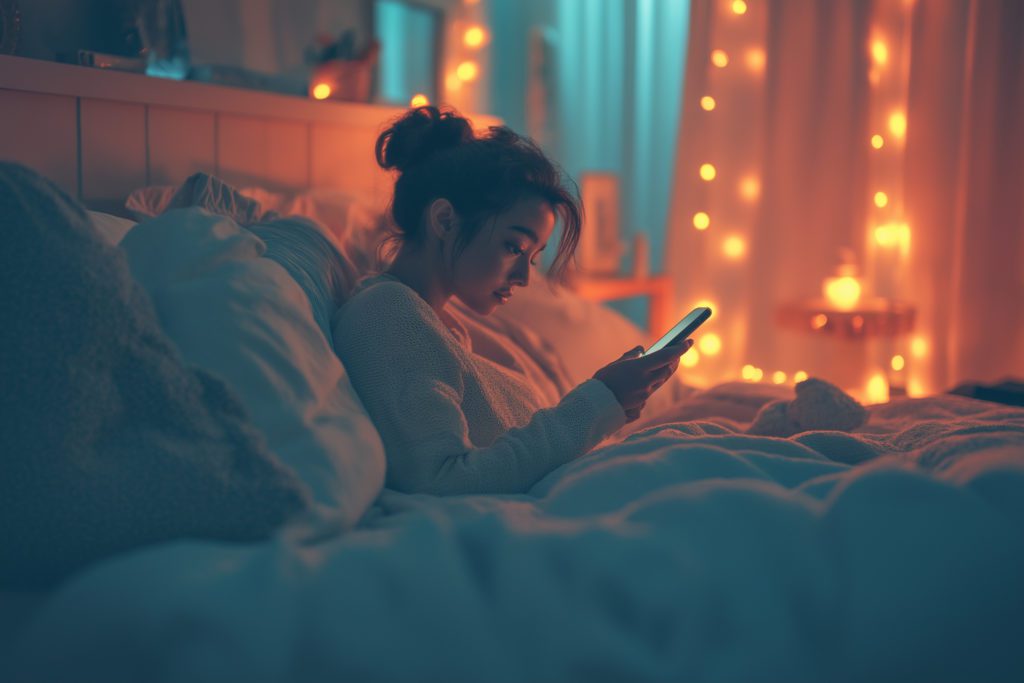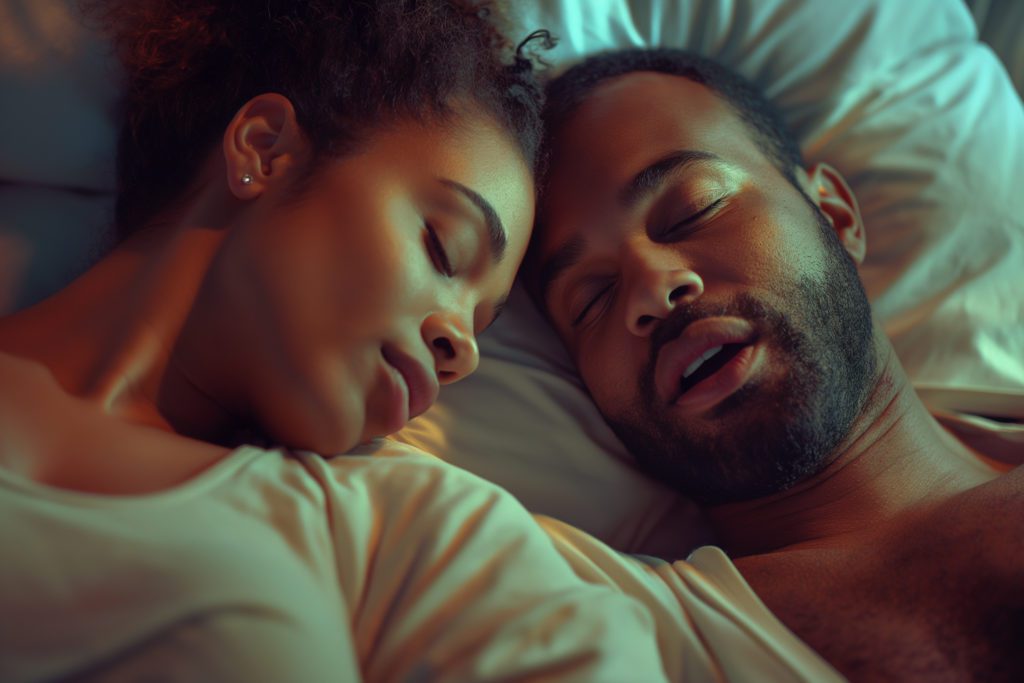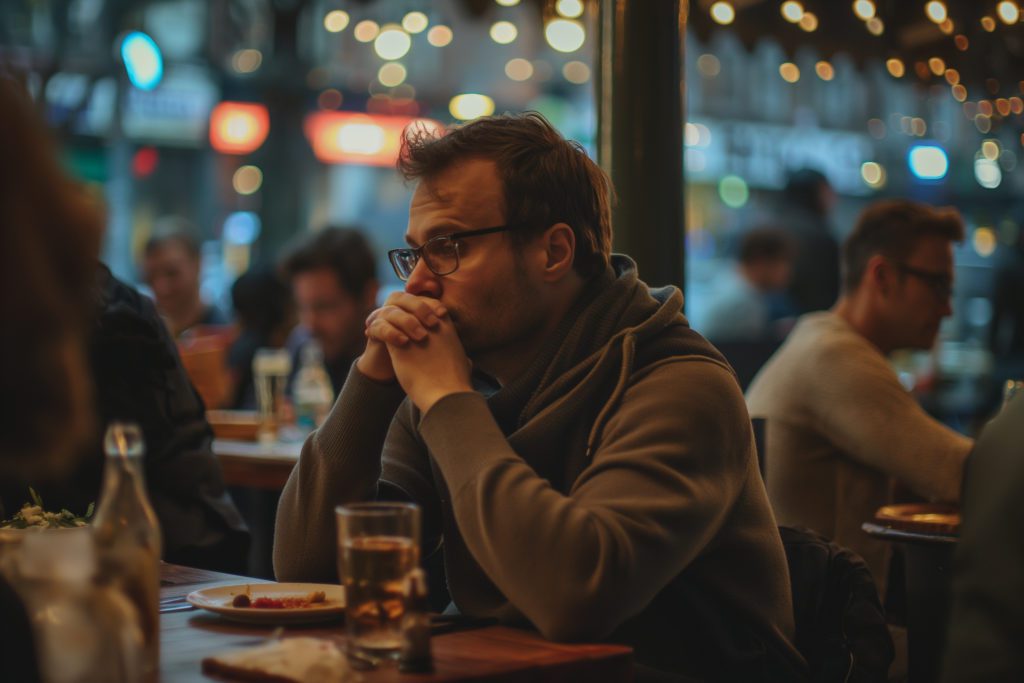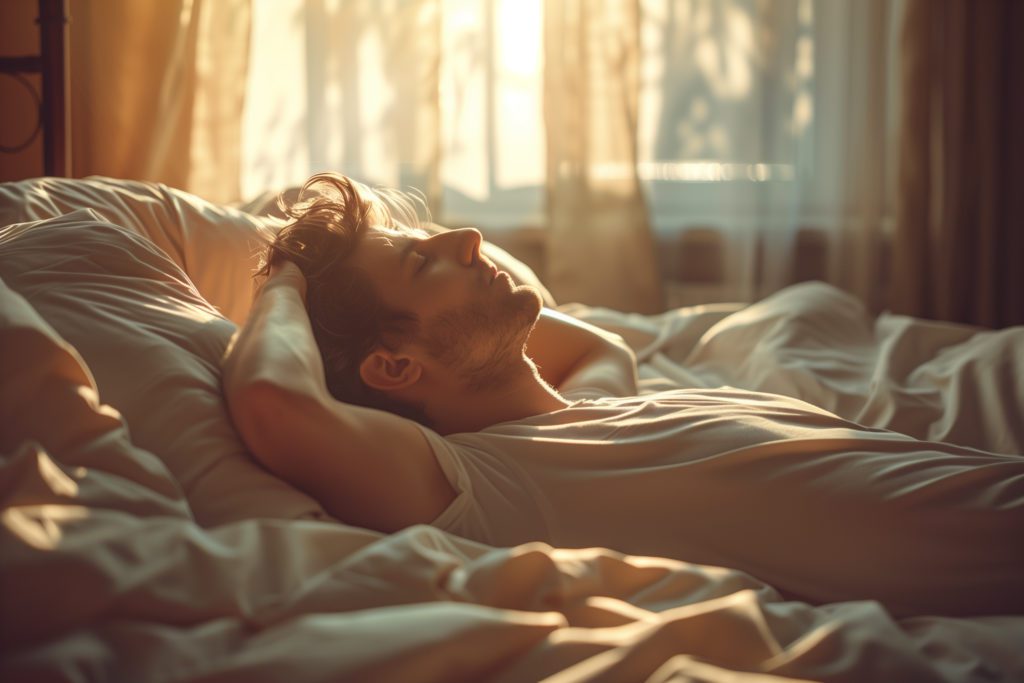
The Relationship Between Social Media Anxiety and Insomnia
Explore how social media anxiety impacts insomnia and discover practical tips to improve mental health and sleep quality.
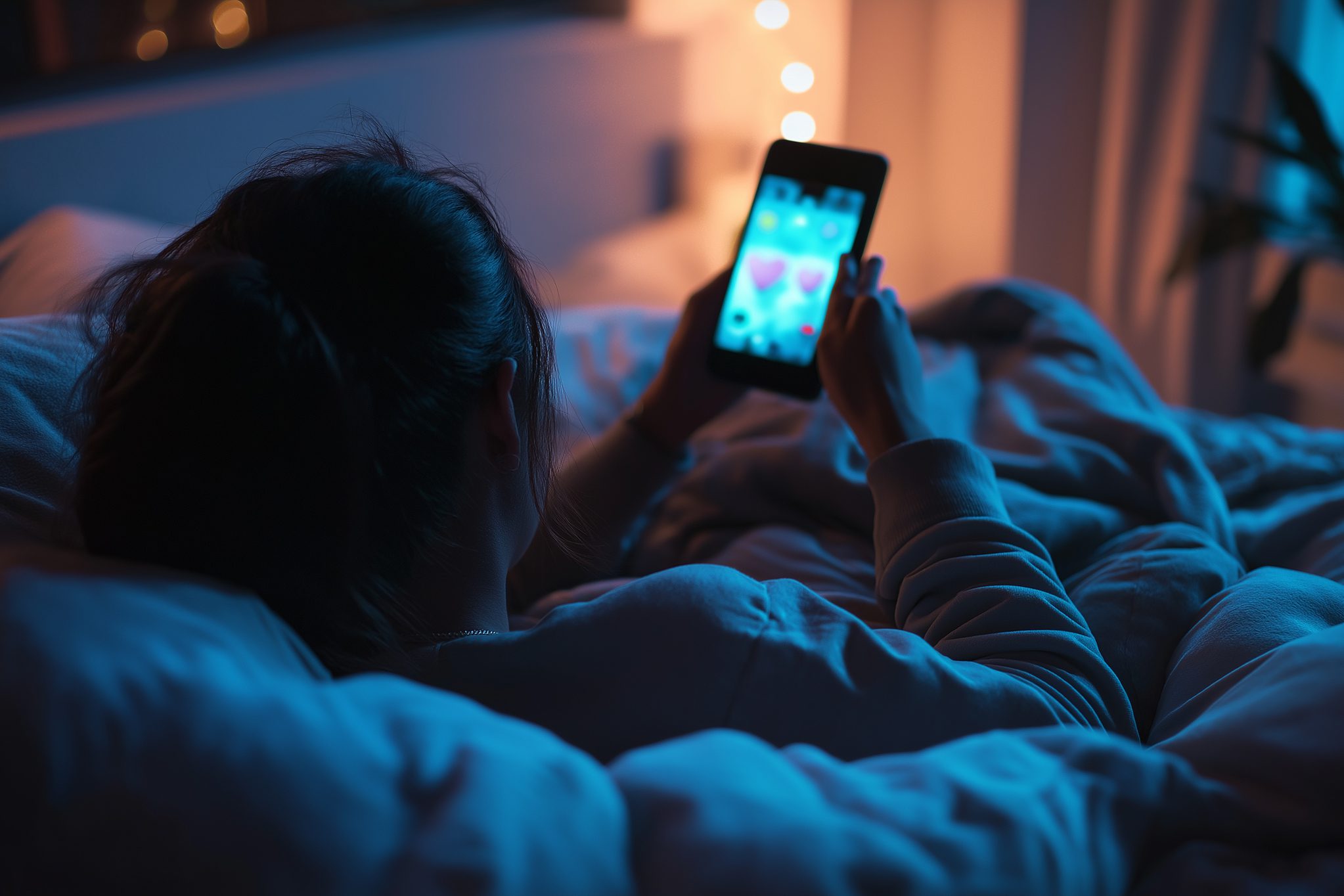
Have you ever wondered if your use of social media is tied to concerns like insomnia and anxiety? Social media anxiety, or feelings of anxiety that arise because of the use of social media is a prevalent issue in our world today. With so much available at our fingertips, we may feel a constant need to connect. But what is this doing to our mental health, and more importantly, what is it doing to our sleep?
While social media was originally about connecting us all to strengthen our communication around the world, it’s easy to see how it has impacted our mental health. If you’re eager to learn more about social media anxiety and how it is connected to insomnia, read on! We’re going to explore what social media anxiety is, how it contributes to insomnia, as well as how you can mitigate these challenges in your own life.
What is Social Media Anxiety?
Social media anxiety is still a relatively new term, even to researchers, but it is so vital for us to understand. According to research from 2019, 90% of all adults are active on at least one social media platform. Also called technology anxiety, social media anxiety is different from other anxiety disorders because it is solely caused by social media. The more time that you spend online on these platforms, the more likely you are to have social media anxiety.
Some of the other related causes of social media anxiety that you may have noticed in your own life include the fear of missing out or FOMO, online harassment or cyberbullying, pressure for perfection, and more. One of the leading causes that many people don’t realize affects social media anxiety is a chemical change in our brains. When you log on and browse social media, you get a quick blast of dopamine that makes you feel great, which can trigger anxiety and even promote social media addiction.
The blue light exposure from the use of social media also contributes to your inability to sleep, as blue light can delay your melatonin levels shifting as your body prepares for sleep. That’s why so many people try blue light filters or limit their exposure to avoid overstimulation and late-night social media binging.
With all this in mind, you might be wondering: just how is social media anxiety connected to insomnia? Let’s discuss this connection next.
How Social Media Anxiety Contributes to Insomnia
Believe it or not, social media anxiety directly contributes to insomnia, as shown by several researchers. In fact, this makes sense, considering that anxiety and depression are closely connected to insomnia, showing a bidirectional relationship at times. When it comes to social media anxiety, the more that you use social media, the more likely you are to have depression, anxiety, and even insomnia. Interestingly enough, stress does not increase, but your mental health still suffers regardless (Source: Perspectives in Psychiatric Care).
This has been explored by other researchers who examined how those who are self-proclaimed night owls tend to present signs of internet addiction and problematic social media use, which contributes to health problems and even poor sleep. With problematic social media use, these experts also proved that young adults experienced more insomnia and even worse sleep quality.
Fortunately, for those concerned about the long-term implications of one’s health as a result of social media anxiety, there appears to be no realized long-term quality of life reduction. In other words, even if you have chronic anxiety because of your social media use, it has been shown to only affect anxiety, depression, sleepiness, and your potential for developing insomnia, even in patients who have pre-existing conditions and illnesses like cancer.
Still, whether it’s FOMO, online bullying, or a combination of factors that are contributing to your anxiety, it’s clear that your social media anxiety can make you more likely to toss and turn at night. So, what can you do to overcome this? The good news is that there are plenty of ways to mitigate social media anxiety so that you do not have to suffer sleepless nights and poor mental health.
How to Overcome Social Media Anxiety to Promote Better Sleep
Now that you know the connection between social media anxiety and insomnia, it’s essential to take steps to promote better sleep. There are so many things you can do, and some of them are much simpler than you think:
- Give Yourself a Digital Detox: As scary as it sounds, spending some time away from social media is the best course of action to reduce anxiety caused by it. You can take a week, month, or even longer away from your social media platforms. When you prioritize real-life interactions over social media interactions, you’ll find healthier ways of connecting with others.
- Practice Mindfulness: If you feel extreme anxiety, try incorporating mindfulness into your routine. This could be as easy as deep breathing exercises whenever you feel the need, a meditation before bed, or even some yoga to help you calm your mind and prepare yourself for a night of great sleep.
- Establish a Nighttime Routine: The best way to ensure you achieve great sleep is to prepare for it! That means creating a nighttime routine that fits you and makes you feel great. Maybe you take a bath, read a good book, or even listen to ambient music. Tailor your bedtime routine to what makes you feel good and relaxed.
- Seek Professional Help: If you ever feel overwhelmed and like you can’t overcome this by yourself, reach out to a mental health professional. They are always there to help you understand and overcome the challenges that you’re currently facing.
Do You Struggle with Social Media Anxiety and Insomnia?
As one of the most common mental health disorders, anxiety is something we all experience, but social media anxiety is a specialized challenge we can overcome. We hope that this article helped you learn something new! If you struggle with social media anxiety and insomnia, what steps will you take to protect your mental health while promoting better sleep?

Written by
Marie Soukup
Marie Soukup is a seasoned copywriter, editor, and Integrative Nutrition Health Coach with a certificate from the Institute of Integrative Nutrition (IIN). With years of experience working with brands across diverse industries, Marie is passionate about holistic health and crafting compelling content.
Download Pillow
Get help
Press & News
Legal
Connect
X (Twitter)
Company
Copyright © Neybox Digital Ltd.
